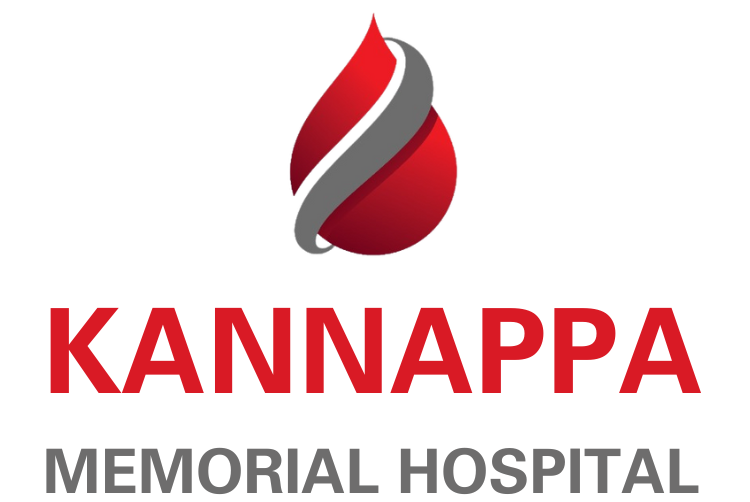In modern healthcare, Intermediate Care Units (IMCU) and Intensive Coronary Care Units (ICCU) serve as critical bridges between general wards and Intensive Care Units (ICU), especially for patients with severe cardiac and post-operative needs. These specialized units are essential in managing individuals who require close monitoring and timely medical intervention but may not need full intensive care.
ICCU – The Heart of Emergency Cardiac Care
The Intensive Coronary Care Unit (ICCU) is designed for patients experiencing acute and life-threatening cardiac conditions such as heart attacks, unstable angina, arrhythmias, or advanced heart failure. Equipped with continuous cardiac monitoring systems, defibrillators, ventilators, and emergency drugs, the ICCU ensures rapid response and expert supervision 24/7. It supports complex post-operative cases such as angioplasty or bypass surgery and high-risk patients requiring continuous observation and specialized interventions.
Experienced cardiologists, critical care nurses, and trained technicians work collaboratively to stabilize patients using intravenous medications, oxygen therapy, antiarrhythmics, and other life-saving protocols. This multidisciplinary approach significantly improves survival and recovery outcomes.
Emergency Cardiac Response
Cardiac emergencies demand immediate attention. Conditions like myocardial infarction or cardiac arrest require prompt diagnosis using ECGs, blood enzyme tests, and echocardiograms. Upon evaluation, patients are rapidly transferred to the ICCU for advanced interventions such as thrombolysis, angioplasty, or cardioversion. The unit’s preparedness, equipped with defibrillators and emergency drugs, drastically reduces treatment delays and enhances patient outcomes.
Continuous Heart Monitoring
Ongoing heart monitoring is fundamental in the ICCU, providing real-time insights into a patient’s cardiac status. With advanced telemetry, the team can detect and treat abnormalities such as arrhythmias before they escalate. This data-driven care helps tailor medication dosages, fluid management, and therapeutic decisions, ensuring precise, personalized treatment.
Critical Cardiology and Life-Saving Interventions
Critical cardiology within the ICCU handles patients with severe and unstable heart conditions—those in cardiogenic shock or advanced heart failure. Treatment often involves both pharmacological aids like vasopressors and device-based support such as intra-aortic balloon pumps or pacemakers. Continuous evaluation using imaging and hemodynamic monitoring ensures that therapeutic strategies are constantly optimized.
Cardiac Ventilation Support
In many cases, cardiac dysfunction can lead to respiratory distress. The ICCU offers mechanical ventilation to assist patients facing conditions like pulmonary edema or hypoxia. Whether invasive or non-invasive, ventilatory support stabilizes oxygen levels and reduces strain on the heart while facilitating overall recovery.
Stroke Management with Cardiovascular Focus
Strokes, often caused by cardiac-origin embolisms, are also managed in the ICCU. Rapid intervention, anticoagulant therapy, and coordinated care between cardiologists and neurologists allow for swift recovery protocols. Monitoring for arrhythmias and heart failure is integrated into post-stroke management, ensuring both neurological and cardiac stability.
Conclusion
https://kannappamemorialhospital.com/wp-content/uploads/2024/12/cropped-Every-Step-of-Aging-with-Grace-We-Care-for-You.webp is at the forefront of delivering exceptional cardiac and critical care through its state-of-the-art IMCU and ICCU units. By combining cutting-edge technology, continuous monitoring, and expert medical teams, we ensure every patient receives timely, specialized care that maximizes their chances of recovery and long-term wellness.


